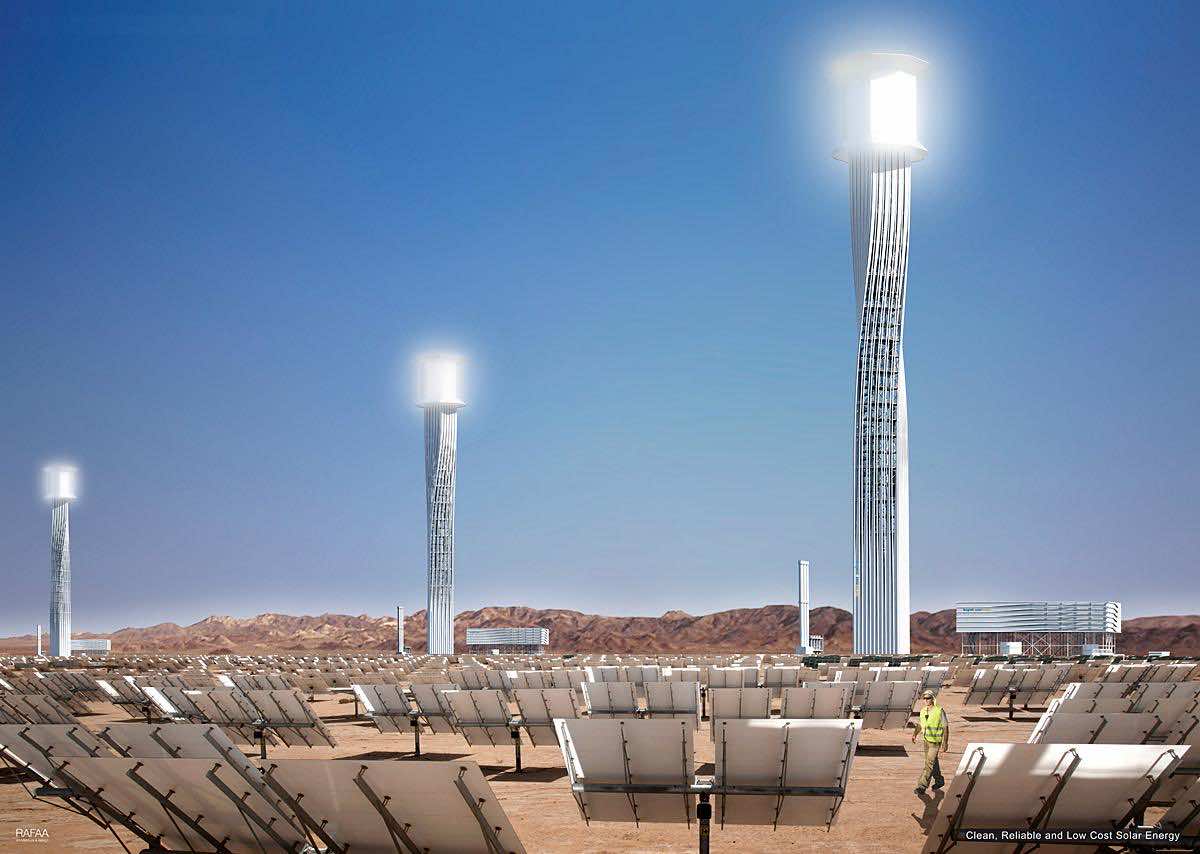JimD
so let me get this straight.
you assert that we require an EROEI in our global society that is higher than renewable energy can provide.
you also assert that the EROEI of nuclear on a cradle to grave basis is identical to renewable energy.
Therefore only fossil fuels can maintain our society.
but fossil fuels lead to climate change so we are doomed!
and anyone who thinks differently than you doesn't understand basic science!!!

But I can assert to you that we currently are using less oil in the united states than we did only 10 years ago.
we are also beginning to decline our electricity consumption on a per capita basis

We have a ton of increased efficiency coming online over the next 10 years. for example, new LED streetlights use 1/2 of the electricity of the industry standard metal halide lamps, they last 15 times longer and the replacement of 5 of them provides enough energy to propel 20 people, using electrically driven public transportation, for their daily travel requirements.
When you say,
We are in a rapidly declining EROEI situation and desperately need to stop burning those fossil fuels. But our population and infrastructure requires a higher EROEI to maintain than is available from a global energy system derived solely from renewables.
you show that you have absolutely no understanding of these systems or their requirements.
What do you suppose is the Ivanpah EROEI, over the life of the plant (60-80 years)?

In the end you have shown yourself to be an uninformed doomsayer who parrots a term (EROEI) as though it is an argument when, in fact, it shows how little you understand the issue and are actually using it to suppress valid discussion.
I find it very interesting to note that only fossil fuel advocates chirp EROEI when analyzing renewable energy resources. you have either absorbed their discourse and made it your own or are simply an advocate for not enacting social changes required to reduce emissions, basically a fossil fuel advocate.
Is that why you are ideologically opposed to the concept of reducing economic inequality?
Just because we currently use coal and oil to produce things doesn't mean that we must always use coal and oil to produce them. You said,
Windmills and solar panels have to be built out of materials that require mining and manufacturing, they have to be transported by machines from where they are made to where they are installed, the cement and steel used to build their supports has to go through the same process, you need cranes to set them up and cranes need to be manufactured and their materials mined, the workers need trucks to hold their equipment and get to the work site and food to eat and clothes to wear and houses to live in - this is not sustainable. And while you might be able to say when they are up and running that the windmill and solar panels are not emitting carbon you cannot say that about any other part of the process and you must count the entire process or you are cheating. The very same argument applies to electric cars, trains, you name it. It is the whole process which counts.
I want you to name a single component of this list of activities that absolutely cannot possibly be performed using energy derived from renewable sources (or nuclear).
And then I want to ask you to tell me, exactly, how an EROEI of 6 or more for solar power is actually going to prevent solar power as a global resource when the amount of solar energy available is several orders of magnitude more than our annual consumption?
Be sure to show your math.
